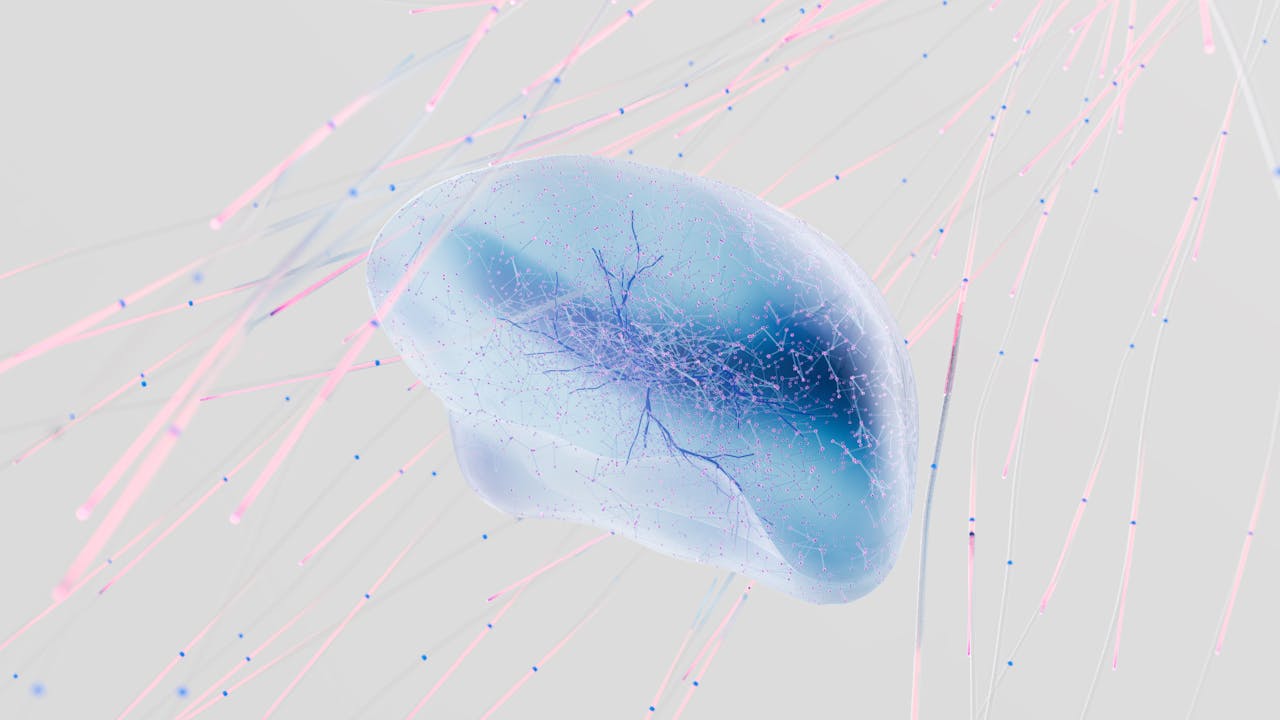Drugs/Therapy
Gene Differences In Yellow Fever, Malaria Mosquitoes Mapped
Researchers have reportedly developed a chromosome map for about half of the genome of the mosquito Aedes agypti - a major carrier of dengue fever and yellow fever.
The map will enable researchers to compare the chromosome organization and evolution between this mosquito and the major carrier of malaria - Anopheles gambiae. Hopefully they will also devise methods to prevent diseases.
"Despite looking somewhat similar, these mosquitoes diverged from each other about 150 million years ago. So, they are genetically further apart than humans and elephants," said Maria Sharakhova, a research scientist in the College of Agriculture and Life Sciences, a Fralin Life Science Institute affiliate, and the principal investigator of the study, according to press release.
According to the researchers, the genome of the malaria mosquito is clearly separated into gene-rich and gene-poor compartments. Contrastingly, the genome of the yellow fever mosquito has no such differentiation.
The research also supports the observation that sex determination is also handled differently in the two mosquito species which could be useful in devising prevention measures, read the press release.
"The development of novel approaches to disease control will be definitely more successful if we better understand the differences and similarities in the genomes of the yellow fever and malaria vectors," Sharakhova said.
The discovery is being considered remarkable because only female mosquitoes bite and transmit infectious diseases. If researchers are able to develop a fair understanding of sex chromosomes, they could easily manipulate the sex ration in mosquitoes while reducing the disease transmission.
"The physical genome map developed in this study will guide efforts to significantly improve the genome assembly for the yellow fever mosquito and will facilitate more advanced studies of the genome organization and chromosome evolution in mosquitoes," said Igor Sharakhov, an associate professor of entomology in the College of Agriculture and Life Sciences, a Fralin Life Science Institute affiliate, and co-author on the paper.
The study has been published in BMC Biology and highlighted on Biome.









Join the Conversation